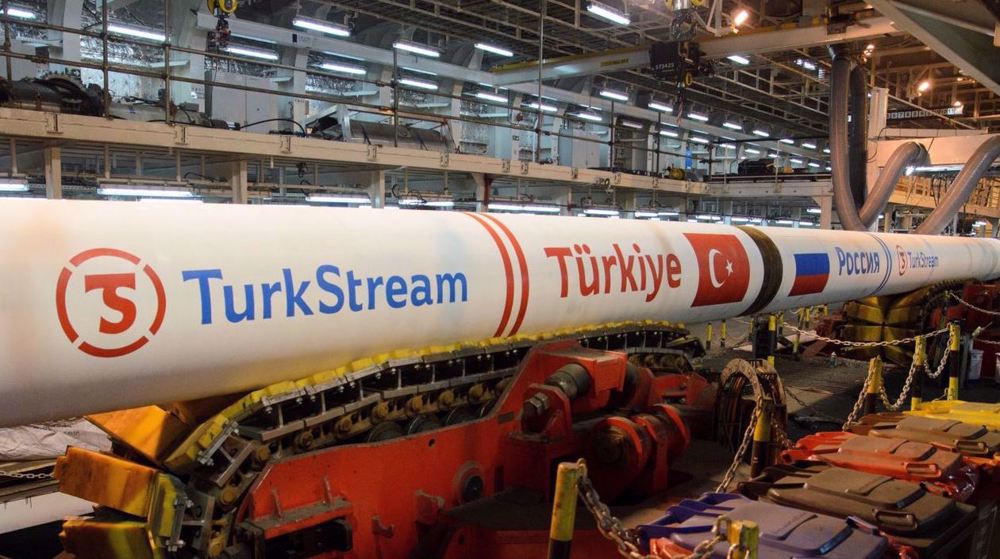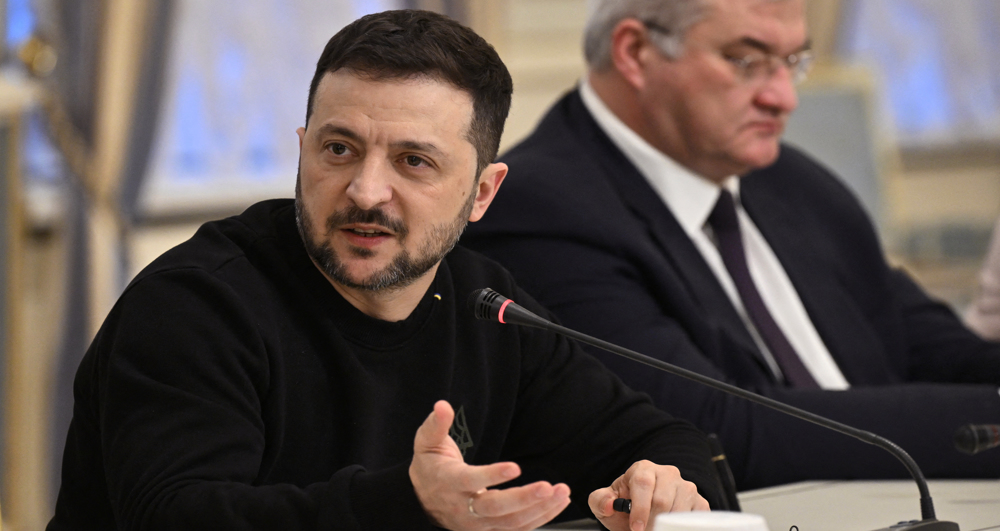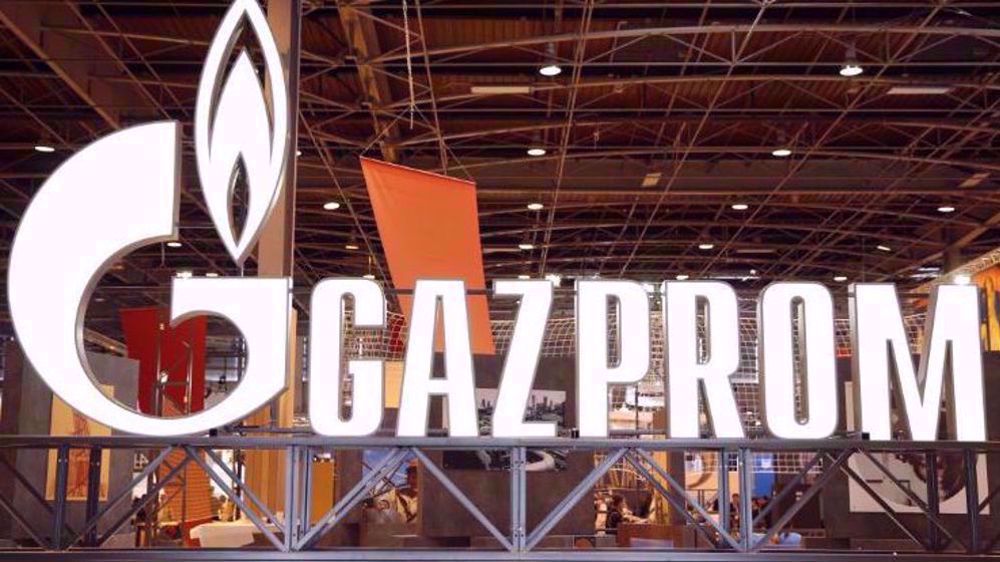Lavrov warns Russia might withdraw from OPCW
Russia has warned that it could withdraw from the global chemical weapons watchdog after member states voted to allow the group to assign responsibility for chemical weapon use.
Foreign Minister Sergey Lavrov denounced a vote this week that empowered the Organization for the Prohibition of Chemical Weapons (OPCW) to assign blame for chemical attacks.
Russia and 23 other countries voted against the move initiated by Britain.
“The organization was grossly manipulated a couple of days ago, when the Brits and others convened the special sessions of the state parties to the [Chemical Weapons] Convention. They passed a decision by vote, which basically violates the Convention in all its provisions, giving the Technical Secretariat the right to establish guilt,” Lavrov said in a Friday interview with Britain's Channel 4 News.
“We will try to repair the situation, because this decision will go to the regular conference of the state parties. But if this is not repaired, I believe that the days of the OPCW will be counted, at least it would not remain as a universal organization,” he added.
The top Russian diplomat, referring to a deadly sarin gas attack in the Syrian town of Khan Shaykhun last April, said the OPCW must operate on the basis of the Chemical Weapons Convention and establish facts themselves without delegating this authority to others.
“When the Syrian government was accused of using aerial bombs to deliver chemical weapons to Khan Shaykhun, the OPCW never visited the place, they never took samples themselves,” Lavrov said.
“When we asked where did they get samples they said, “the Brits and the French gave it to us,” Lavrov claimed.

The Western countries rushed to blame the incident on Damascus, with the US launching a missile attack against Shayrat Airbase in Syria’s Homs Province on April 7, 2017.
Washington claimed the chemical weapons attack originated from the air field. Damascus, however, said the Khan Shaykhun incident was a fabrication to justify the subsequent US missile strike.
The Syrian government has fiercely denied using or even possessing chemical weapons since the country’s compliance with the Chemical Weapons Convention was certified by international observers in 2013.
Several countries, led by Russia and Iran, have strongly challenged Western-led efforts to probe the alleged chemical attack in Syria as inadequate, biased, and politically-motivated.
Russia hints at long-term military presence in Syria
During the Friday interview, Lavrov also announced that Russian President Vladimir Putin may decide to leave military forces in Syria “for quite some time.”
“The Russian involvement in Syria [took place] on the basis of legitimate request from the legitimate government,” Lavrov said.
“We do not like artificial deadlines, but we have been consistently reducing our military presence in Syria. The last reduction took place a few of days ago. More than 1,000 troops have come back to Russia, some aircraft and other equipment as well. It depends on what is the actual situation on the ground,” he added.
Daesh terrorists unleashed a campaign of bloodshed and destruction in Syria in 2014, overrunning large swathes of territory.
Russian jets have been conducting air raids against Daesh and other terrorist groups inside Syria at the Damascus government’s request since September 2015.
The airstrikes have helped Syrian forces and allies advance against anti-Damascus militants, who have been wreaking havoc in the Arab country over the past years.
In March 2016, Putin ordered the bulk of the Russian military forces in Syria to withdraw from the Arab country, arguing that the withdrawal could serve as a stimulus for peace. The troops returned after several rounds of UN-brokered peace talks involving anti-Damascus opposition groups failed.
VIDEO | US fires: Criticism mounts over govt. failure to respond
VIDEO | Fears, hope in Gaza amid intensified ceasefire efforts
VIDEO | Press TV's news headlines
Hamas: Ceasefire agreement result of steadfastness, resistance in Gaza over 15 months
Hamas thanks Iran, Resistance Front following achievement of ceasefire in Gaza
'Capitulation': Israeli officials and media concede Gaza defeat as truce unfolds
'Gaza has won': Social media users react to ceasefire with mix of relief, joy
Iran seeks South Korea’s assistance for AI, fiber-optic projects











 This makes it easy to access the Press TV website
This makes it easy to access the Press TV website